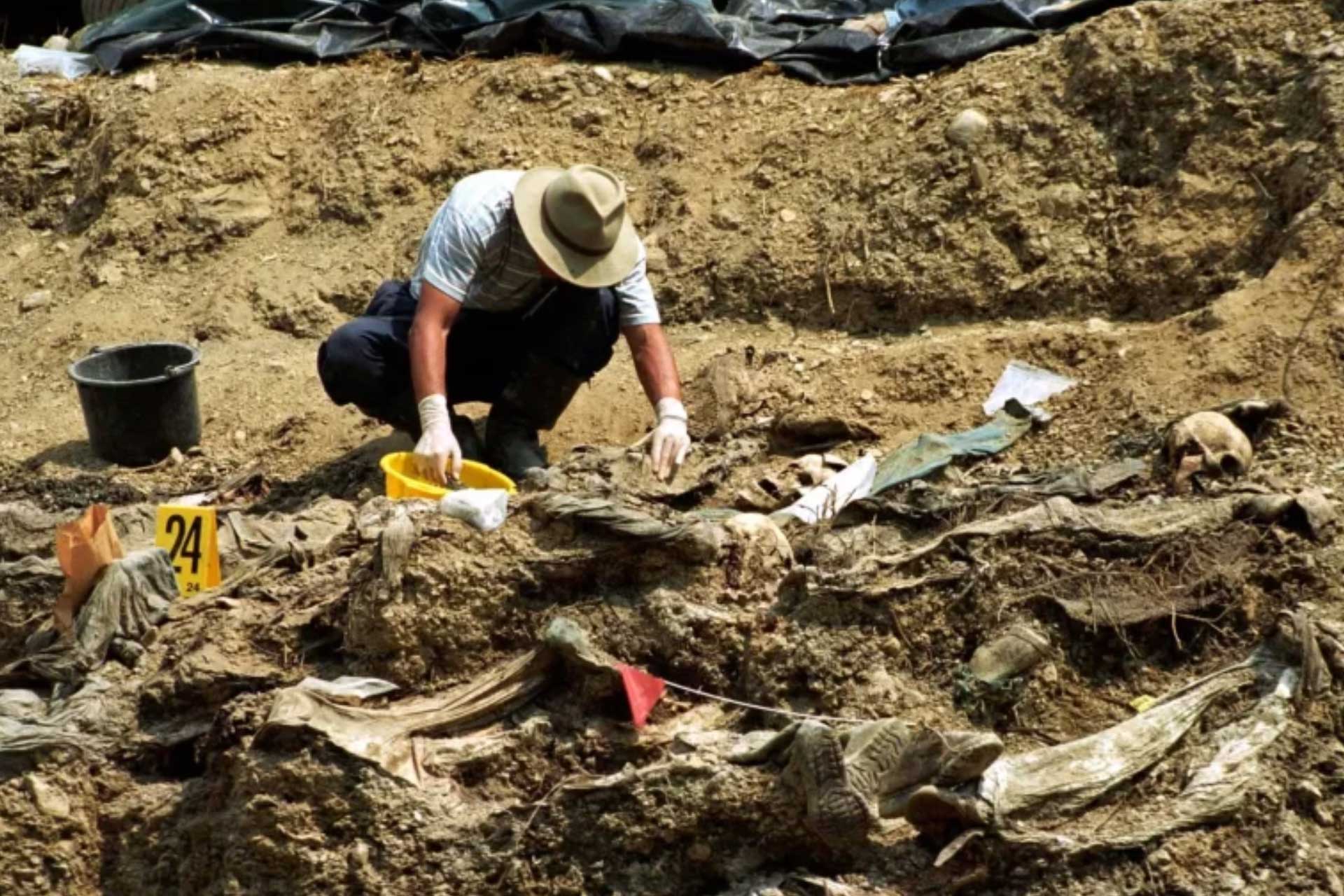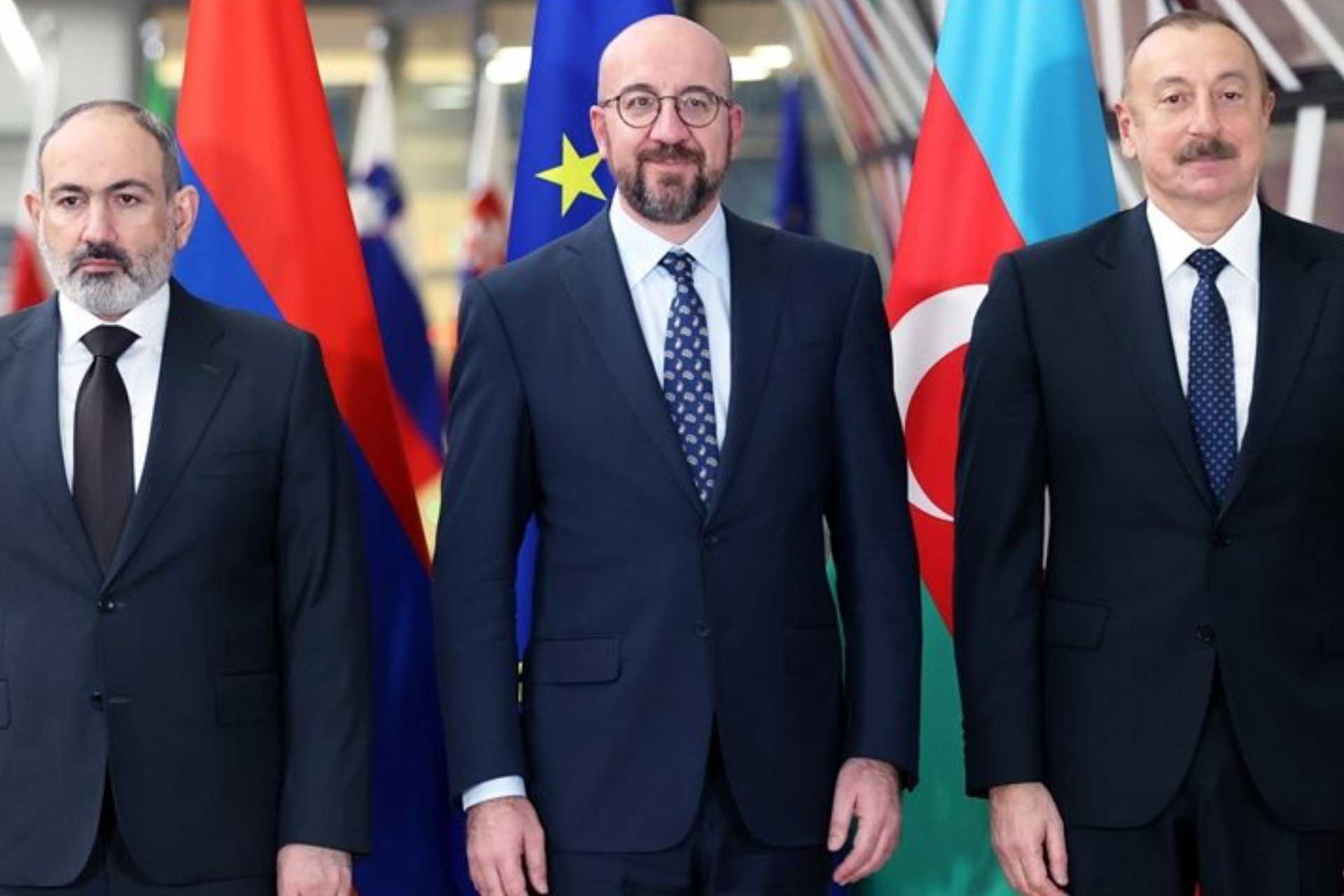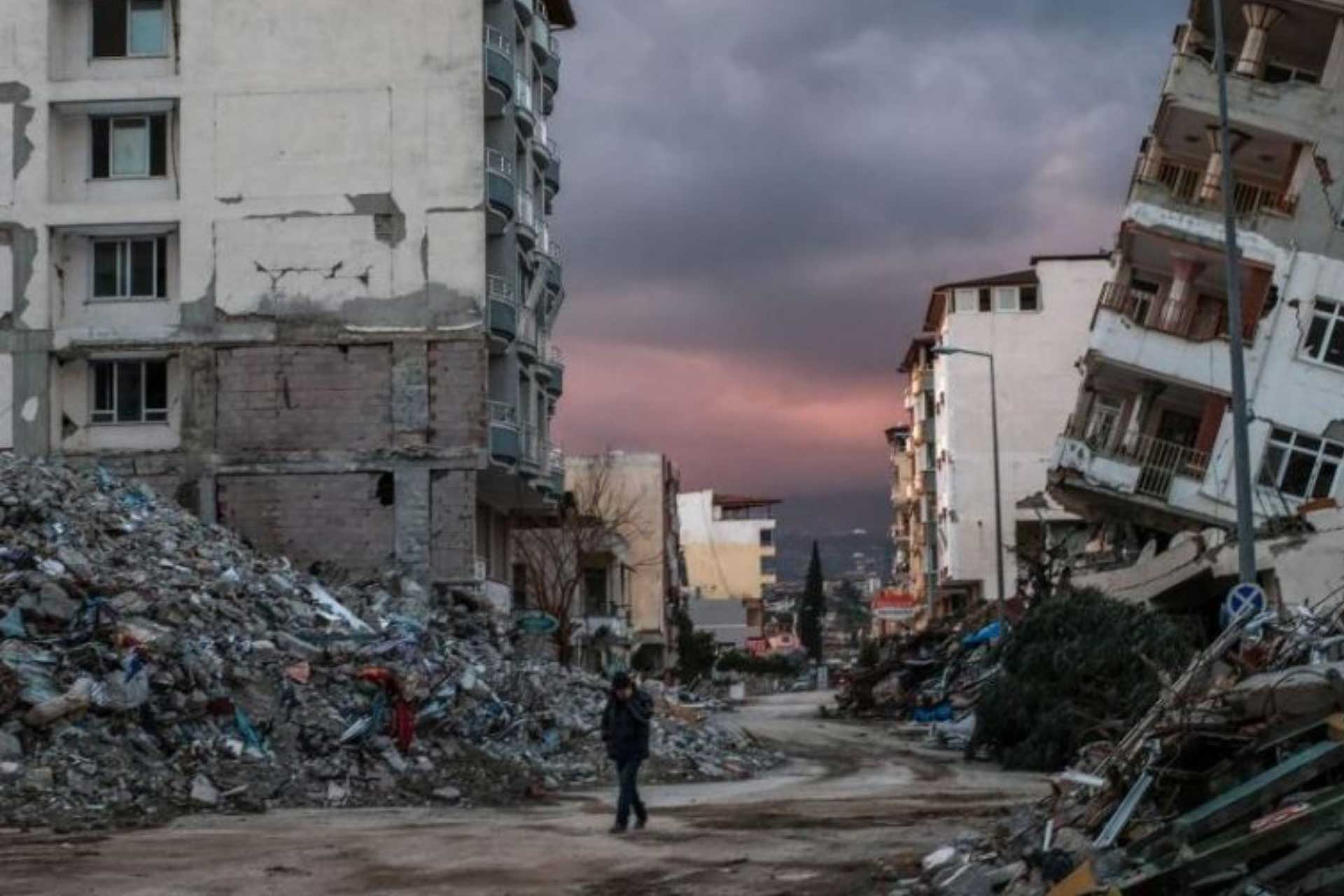Srebrenica Genocide and Apology That Came 27 Years Later
Man has never believed that the world is as he sees it. That is why he has always preferred to manipulate the world and the people who rule it by using force. For centuries, the Balkans have been trapped in a totalitarian, dependent and military-oriented political system. One of the main reasons for this entrapment, especially in the 1990s, was ethnicity/ethnic grouping, which was used to dysfunctionalize the region and make it open to the influence of any soft or hard power. This openness has led to the active use of hard power in the region. The reason why I started my article with these words is to show that the surrender of Srebrenica was not subject to a diplomatic process under the auspices of the United Nations.
In this article, I will talk about the Srebrenica Genocide and the Dutch apology that came on July 11, 2022. Throughout the article, I will refer to the 5-day action in Srebranica as genocide because the genocide charge and conviction of Bosnian Serb Commander Ratko Mladic, who led the Srebrenica Genocide, was confirmed by the UN court on June 8, 2021.[1]
The Bosnian war took place between March 1, 1992 and December 14, 1995. What deeply triggered the ethnic groupings in the region during this war and led to genocide was the decision to leave the independence of Bosnia-Herzegovina to a referendum among Bosniaks. At that time, Bosnia-Herzegovina was a mixture of Bosniaks, Serbs and Croats.
Srebrenica was a town on the border of Bosnia-Herzegovina and Republika Srpska that was declared a neutral and safe zone by the UN Security Council in 1993, about two years before the end of the war.[2]Ratko Mladic aimed to change the ethnic situation in Bosnia before the signing of the Dayton Peace Agreement in order to break the neutrality of Srebrenica. He seems to have succeeded, given that Srebrenica is now Serb-majority.
“In memory of the revolt against the Turks, the time has come for revenge on the Muslims.”
In fact, what turned this event into genocide was Ratko Mladic’s words while walking the streets of Srebrenica on July 11, 1995: “In memory of the revolt against the Turks, the time has come for revenge on the Muslims.” Massacre means mass killing and slaughter, but genocide is the destruction of a defenseless minority for a political, national or racial reason. In his words, Mladic demonstrated and at the same time tried to instill the racial and historical hatred he has always felt.
The fact that Srebrenica was declared a neutral zone about two years before the signing of the Dayton Peace Treaty means that the local population was disarmed and consequently open to any intervention. Therefore, their rights and lives should be protected by the UN, but this was not the case in Srebrenica on July 11, 1995.
Colonel Thom Karremans, commander of the Dutchbat troops, the UN Representative, addressed Srebrenista with the words, “Your lives are under the guarantee of the United Nations.” Karremans said these words before 30 of his soldiers were taken prisoner by Mladic, and before he was berated by Mladic in Srebrenica
The Dutch government apologized to the victims’ relatives on July 11, 2022. After 27 years, the Dutch government is one of the few countries in the international community to acknowledge that Srebrenica has not received adequate protection and support. As a result of this apology, an investigation is required to determine whether compensation should be paid to the victims’ relatives. The Dutch apology opens up the possibility of an investigation and is in effect Dutch approval for an investigation. It is noteworthy that countries that commemorate the Srebrenica Genocide, such as the USA, have not made any noise about the Dutch apology and the sanctions that will follow. The questions remain, “Will the rights of the victims who could not be protected in the Srebrenica Genocide be protected years later? Or would this apology be ignored just like the genocide that took place 27 years ago in the safe zone was ignored?”
Efsa Demirhan
[1] United Nations News. “UN court upholds Ratko Mladić convictions and life sentence”. access: July 26, 2022. https://news.un.org/en/story/2021/06/1093582
[2] Ilker, A. L. P. “Srebrenica Genocide (July 1995).” Eurasian Studies 52.2: 127-171.




Comments